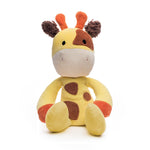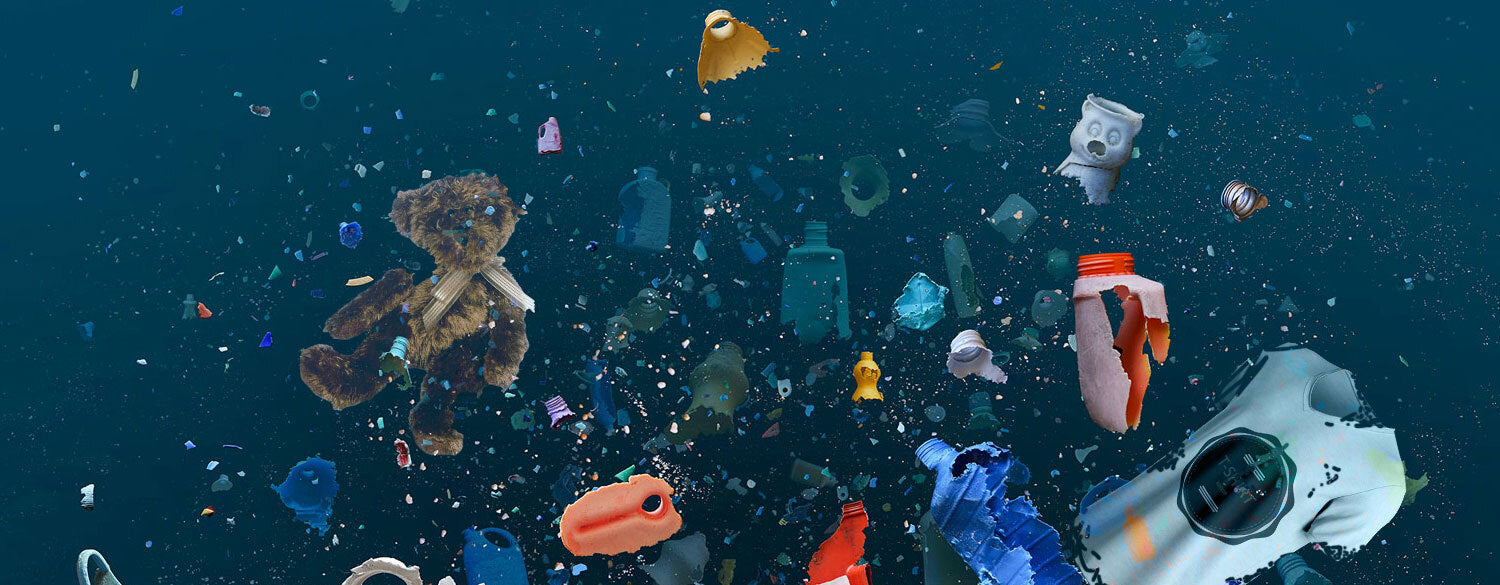Why You Should Choose Organic Cotton
As environmental consciousness grows, the demand for eco-friendly alternatives has surged. In response, many companies and brands have released “eco-friendly” products or “greener” alternatives. While this seems to be a move in the right direction, buyers must be aware of greenwashing, or false labeling, that makes a product appear more environmentally friendly than it actually is.
To keep things simple, Bears for Humanity works with only the best: GOTS-certified organic cotton. This top-tier, no-corner-cut form of cotton is biodegradable and compostable. Let’s break down exactly what those terms mean, especially in comparison to polyester.
Understanding Biodegradable Materials

The term biodegradable refers to substances that can break down naturally over time, usually through the help of microorganisms, into simpler components. These materials return to the environment without leaving behind harmful residues. Biodegradable products can be made from various sources such as plant-based materials and recycled paper.
GOTS-certified 100% organic cotton is guaranteed to be free of heavy metals, toxic fertilizers, or harsh chemicals. Bears for Humanity chooses to work only with this pure form of cotton as it will someday be able to safely biodegrade, and not become a form of environmental waste.
Understanding Compostable Materials

Compostable materials are designed to undergo composting, a controlled process that turns organic matter into nutrient-rich soil known as compost. Compostable products are made from natural materials, such as cornstarch, sugarcane fiber, and wood pulp. These materials can break down completely within a specific timeframe. Organic cotton, under the correct conditions, is also compostable.
Polyester: A Synthetic Substitute

Polyester, a synthetic material widely used in plush, apparel, packaging, and other goods, has long been criticized for its environmental impact. Unlike biodegradable or compostable materials, polyester is derived from petrochemicals (petroleum), making it a form of plastic. Polyester production involves significant energy consumption and greenhouse gas emissions, contributing to environmental degradation.
One reason manufacturers continue to turn to polyester is its durability. Being a plastic product, polyester is much less likely to wear down than more natural fibers. However, because polyester can take between 20 and 200 years to break down in nature, it is extremely likely that it will become environmental plastic pollution, even if disposed of responsibly.
Organic Cotton VS. Polyester - We Make it Simple to Choose Better

Embracing a sustainable lifestyle involves considering the life cycle and environmental impact of the goods we purchase, making informed choices, and supporting ongoing research and development of greener alternatives.
Bears for Humanity is doing our part to make choosing better for your family as simple as possible. We work with only the best: 100% GOTS-certified organic cotton, natural, low-impact dyes, and sustainable or organic options for our plushies’ filing. Buying a bear from Bears for Humanity guarantees it is the safest option for your little ones, and the safest option for our Earth.




